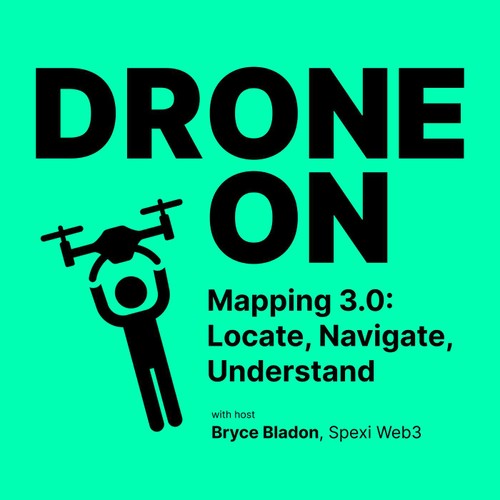
 DRONE ON
DRONE ON Mapping 3.0 - Locate, Navigate, Understand
5 snips
Oct 27, 2025 Discover how mapping technology has evolved from static maps to dynamic, contextually aware tools. The discussion highlights the shift from Mapping 1.0's fixed coordinates to 2.0's real-time navigation, leading to the insightful capabilities of Mapping 3.0. Learn about groundbreaking advancements like machine learning traffic predictions, augmented reality overlays, and the importance of multidimensional data. Understand how drones and AI are transforming mapping into a foundational layer that influences various applications and industries.
AI Snips
Chapters
Books
Transcript
Episode notes
Maps As Historical Reference
- Mapping 1.0 is fixed, survey-based geography that established where things were using coordinates.
- It lasted millennia and prioritized universal reference points like latitude and longitude.
Interactive Navigation Became Universal
- Mapping 2.0 introduced interactive wayfinding and universal smartphone access for real-time navigation.
- Technologies like Google Maps, MapQuest, Waze and Street View made spatial accessibility mainstream.
Maps That Predict And Explain
- Mapping 3.0 adds temporal intelligence, prediction, and contextual interpretation to coordinates.
- It merges ML, AR, computer vision and multidimensional data to forecast and explain spatial change.



